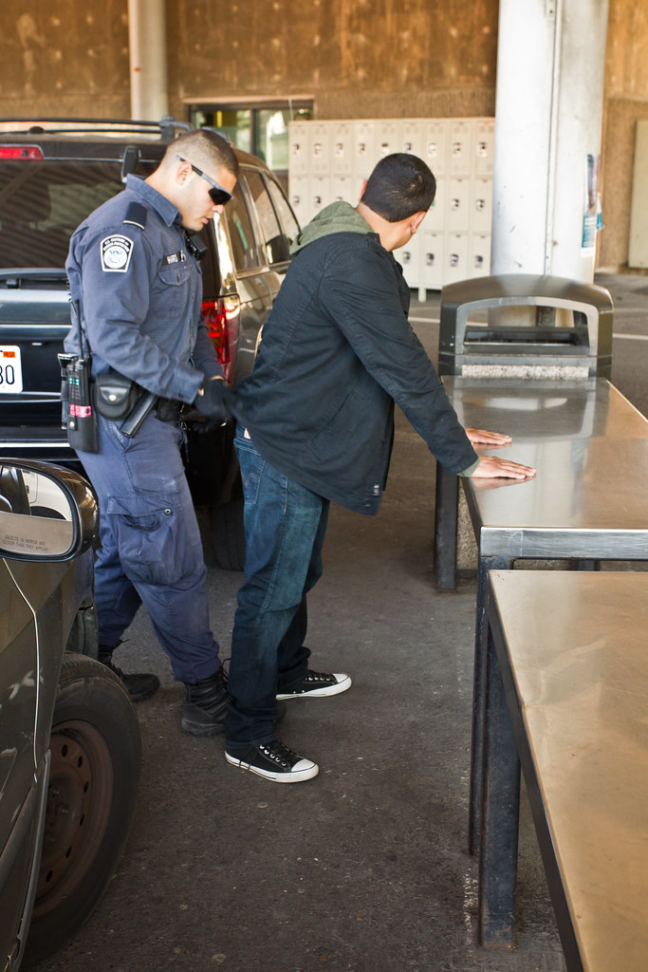Stop and frisk has been used by law enforcement since the 1969 Terry v. Ohio case when the Supreme Court ruled in its favor. The court stated the law enforcement encounter dangerous and uncertain situations on the streets. Law enforcement can only stop and frisk a person in the following circumstances:
·Law enforcement has reasonable suspicion that an individual is engaged in illegal activity.
·Law enforcement has a reasonable belief that the individual is armed and dangerous.
Defining Reasonable Suspicion
·Law enforcement needs to base reasonable suspicion on facts that are objective, individualized, and can be clearly articulated.
·Law enforcement cannot act on a hunch or a guess but need more than that to stop and frisk a person they believe is involved in or about to commit an illegal crime.
·Law enforcement needs less proof than probable cause, which is the standard they need to meet to charge and arrest an individual.
Courts have continually emphasized that when determining whether or not law enforcement has reasonable suspicion of illegal activity, they need to consider the entirety of the circumstances surrounding the incident.
How Do You Justify a Frisk?
·Concern for the safety of law enforcement and the public.
·The suspicion that a suspect is dangerous and armed.
·The suspicion that a suspect is about to commit a crime involving a weapon.
·The officer is alone, and backup is not there.
·More than one suspect is involved and their physical size.
·Suspects appear emotional, exhibit strange behavior, or/and appear strange.
·Suspects give law enforcement evasive answers to their questions during the initial stop.
·Time of the day and/or geographical area (not enough alone to justify a frisk)
How Do You Justify a Stop?
Law enforcement can justify a stop if one or more of the following behaviors apply to a suspect:
·They appear not to fit the place or time.
·They match the description of a “wanted” person.
·They behave strangely or are angry, fearful, emotional, or intoxicated.
·They loiter or look for something.
·They run away or engage in stealthy movements.
·They are present at the scene of the crime.
·They are present in a high-crime neighborhood (not enough by itself or with loitering).
What Should You Do If You Think Law Enforcement Has Stopped and Frisked You Unlawfully?
If you think law enforcement has stopped and frisked you unlawfully, you need to engage in the service of an experienced criminal defense attorney to prove in court that the cops did not have a reasonable or justified reason to stop and frisk you.
If law enforcement charges and arrests you after a stop and frisk, you need to get in touch with a criminal defense lawyer to represent you in court. In most cases, they will stop you and ask for you to provide you with identification, such as your name, date of birth, or any other type of requested information unless your local ordinance in Virginia states differently.
You should schedule an appointment with a criminal defense lawyer with experience handling stop and frisk cases in the state of Virginia.



